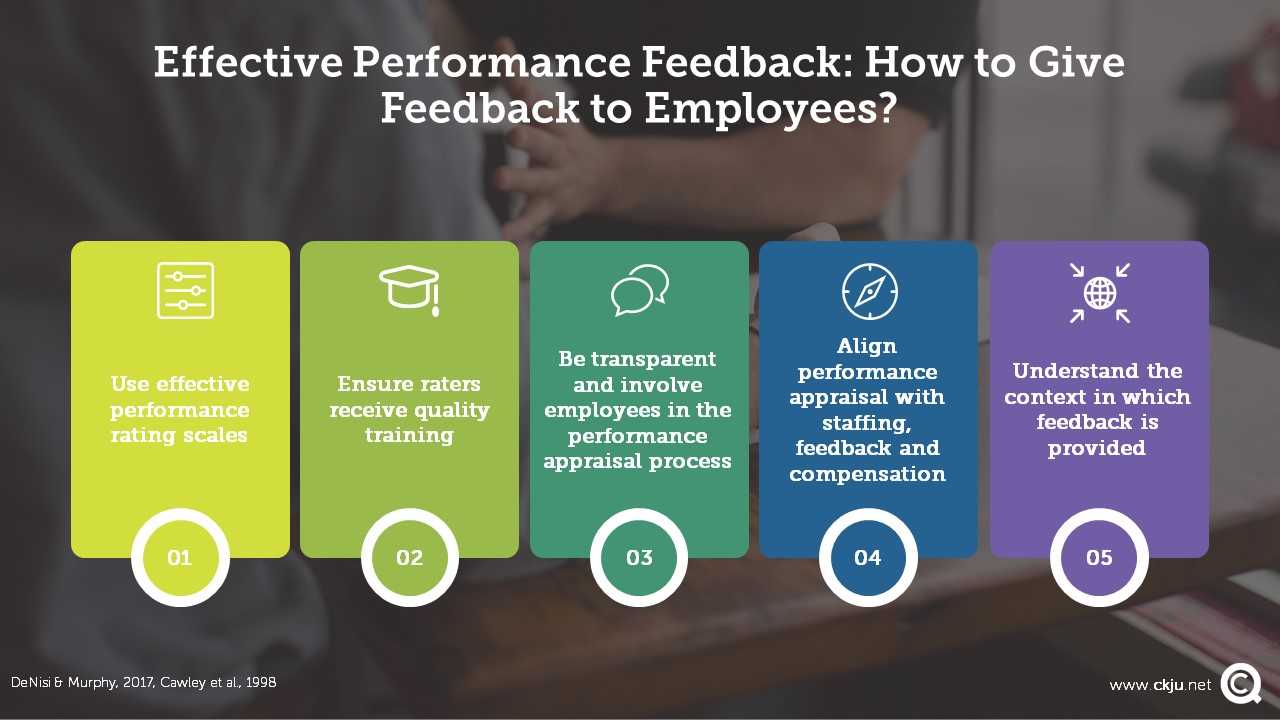


A recent study conducted by Kessler Foundation and Rutgers University found that individuals with low confidence in their performance are more likely to seek corrective feedback. The desire for feedback was driven by uncertainty and not emotional factors like stress, highlighting the importance of feedback strategies in educational and work settings. Negative feedback was found to be the most effective for improving test performance, providing actionable insights for optimizing feedback strategies.
Feedback: Importance and Impact in Educational and Work Settings
Background
Feedback is an essential tool for enhancing performance and fostering growth in both educational and work environments. It provides individuals with insights into their strengths and weaknesses, enabling them to make adjustments and improve their skills. However, the nature and effectiveness of feedback can vary significantly.
Recent Research Findings
A recent study conducted by Kessler Foundation and Rutgers University delved into the relationship between self-confidence and feedback. The study found that individuals with low confidence in their performance were more inclined to seek corrective feedback. This desire for feedback was primarily driven by uncertainty rather than emotional factors such as stress.
The study also highlighted the significance of feedback strategies. Negative feedback, when provided effectively, was found to be the most impactful in improving test performance. This suggests that feedback should focus on providing actionable insights that individuals can use to make meaningful improvements.
Top 5 FAQs and Answers
1. Why do individuals with low confidence seek more feedback?
Individuals with low confidence tend to be more uncertain about their performance and may seek feedback to clarify their strengths and weaknesses.
2. What is the optimal type of feedback?
Effective feedback is timely, specific, and actionable. It should provide clear insights into what individuals are doing well and areas where they need improvement.
3. How can feedback be used to enhance learning?
Feedback should be incorporated into a growth mindset approach. Individuals should use feedback to identify areas for improvement and develop strategies to enhance their performance.
4. What are the potential pitfalls of feedback?
Feedback can be demotivating if it is delivered in a negative or overly critical manner. It is essential to provide feedback in a supportive and constructive way.
5. How can feedback strategies be tailored to different individuals?
Feedback strategies should be tailored to the individual's learning style, preferences, and developmental stage. Some individuals may respond better to positive feedback, while others may benefit from more direct and corrective criticism.
Conclusion
Feedback is a powerful tool that can significantly impact performance and growth. By understanding the relationship between self-confidence and feedback, educators and supervisors can implement effective feedback strategies that empower individuals to enhance their skills and achieve their full potential.

A college student shares her personal journey of becoming a vegetarian, despite facing challenges and health concerns. She then delves into an ethics class she took, where the concept of marginal cases were discussed. Following an article by philosophy professor Alastair Norcross, she concludes that even though individual action may seem insignificant, refusing to consume factory-farmed meat holds moral significance due to the potential to prevent immense suffering for animals.

On October 24, the global community commemorates World Polio Day to honor the legacy of Dr. Jonas Salk and the efforts of countless individuals and organizations in the fight against polio. This highly contagious and potentially deadly disease, once a widespread epidemic, is now largely preventable thanks to the development of a life-saving vaccine. India's successful eradication of polio serves as a testament to the importance of strong vaccination programs and collaborations in public health initiatives.

As winter arrives in India, so does the hazardous air pollution. Delhi NCR's AQI has already crossed the 400 mark, making it crucial to invest in air purifiers, especially after Diwali. Dyson, Qubo, HomePure, and Philips have launched high-quality air purifiers with advanced features to tackle different types of pollutants and create cleaner indoor air. With prices ranging from Rs 5,000 to Rs 1 lakh, these purifiers are a practical and timely purchase for a healthier living.

In a recent family vlog, Indian celebrity couple Shoaib Ibrahim and Dipika Kakar shared their "natural" hair care routine for their son, using a homemade mask made with rice flour, flax seeds, and coconut oil. However, experts warn that what works for adults may not be suitable for babies, whose sensitive skin and scalp could react to the ingredients. While the ingredients may improve hair texture, they do not necessarily promote hair growth. Instead, a healthy diet and good scalp care are more important in maintaining healthy hair.

A recent consumer study has found multiple brands of soft contact lenses in the U.S. to contain "forever chemicals" that can be harmful to both the body and the environment. The study, conducted by the nonprofit organization Environmental Health Sciences, tested 18 varieties of popular contact lenses and found all of them to contain markers for PFAS. Brands such as Acuvue, Alcon, and CooperVision were among the list of affected products. This news serves as a cautionary lesson on the potential risks of overusing contact lenses.

On the birth anniversary of Dr. APJ Abdul Kalam, the ‘Missile Man’ of India, tributes pour in on social media celebrating his life, vision and impact. A visionary scientist, inspiring leader and true patriot, Dr. Kalam's humility, compassion and constant interaction with students continue to inspire generations. His tireless efforts in defense, science and youth empowerment have strengthened India's path towards self-reliance and his legacy continues to motivate young minds to dream big and work hard for the nation.

Recent studies have found that extreme heat, particularly when combined with high humidity, can have a significant impact on mental health. A study in India showed that when wet bulb temperature exceeded 27°C, the probability of reporting severe depression increased by 0.5%, even when the temperature was slightly lower. This finding is consistent with global reviews that have linked high temperatures to mood disorders, increased hospital admissions for psychiatric conditions, and even elevated suicide risk. The Lancet has also published evidence that rising temperatures worldwide are a growing threat to emotional and cognitive health.

In a meeting with university officials in Udaipur, Rajasthan Governor Hari Bhau Bagde stressed the importance of incorporating India's ancient knowledge traditions into academic research. He highlighted the deep repository of knowledge in India since ancient times and urged scholars and scientists to draw upon this tradition in their work. Bagde also suggested making ancient texts available in university libraries for study and research purposes, in order to shape the intellectual abilities and love for the nation among the younger generation.

John Clarke, Michel H. Devoret, and John M. Martinis have been awarded the 2025 Nobel Prize in Physics for their pioneering research into quantum mechanical tunnelling. Their discovery has opened new possibilities for quantum technologies, and will be formally presented on December 10, the anniversary of Alfred Nobel's death. This announcement follows the tradition of recognizing transformative contributions to science, and the award carries a prestigious prize of 11 million Swedish kronor.

The US-Japanese trio of Mary E Brunkow, Fred Ramsdell, and Shimon Sakaguchi have won the 2025 Nobel Prize in physiology or medicine “for their discoveries concerning peripheral immune tolerance". Through their research, they have shown how the immune system is kept in check and why serious autoimmune diseases do not affect everyone. Sakaguchi found a new class of T cells, while Brunkow and Ramsdell discovered the explanation behind a specific mouse strain's vulnerability to autoimmune diseases. Together, they have significantly advanced our understanding of immunology and autoimmune diseases.